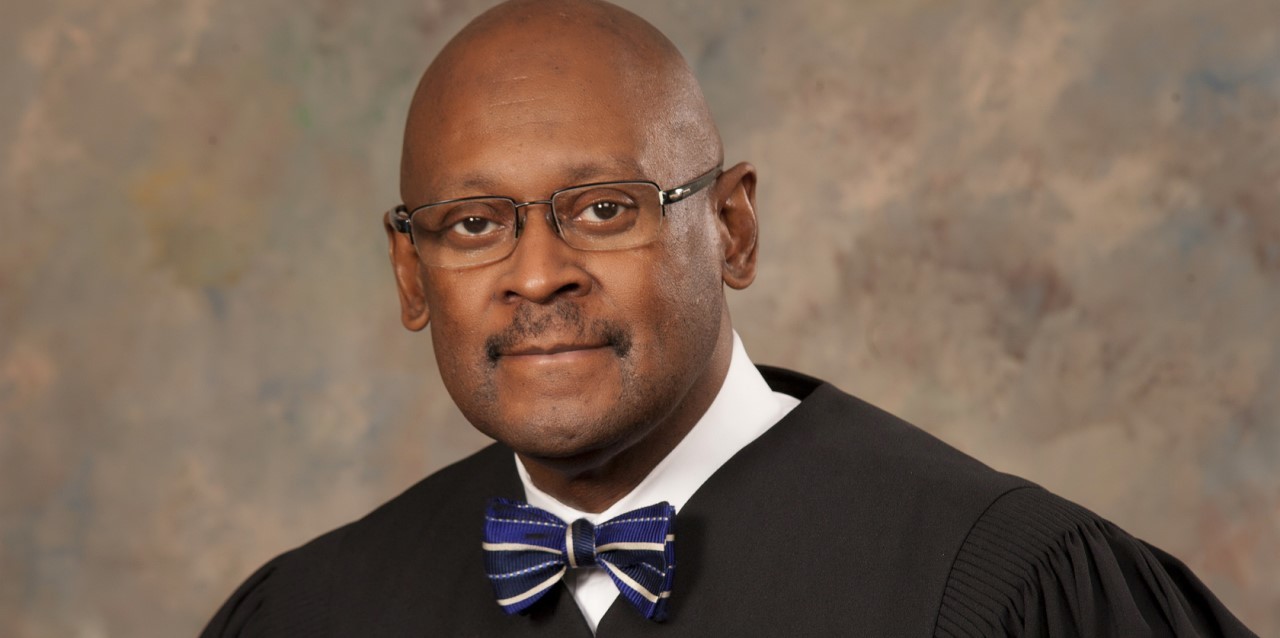The Illinois Supreme Court has agreed that temporary worker staffing firms can be sued under antitrust law for allegedly colluding with each other and employers to control worker wages and prevent employee poaching by competitors, despite arguments from employers that such a finding would upend decades of prior understanding of the law.
Justice P. Scott Neville wrote the unanimous Jan. 19 opinion, siding with the Illinois Attorney General's office. All other justices concurred on the opinion, except Justice Joy V. Cunningham, who took no part in the decision.
Cunningham had served on an appellate panel that heard the case in 2022, before she was appointed to the state Supreme Court in late 2022 to replace retired Justice Anne Burke.

Illinois Attorney General Kwame Raoul
| kwameraoul.com
Illinois Attorney General Kwame Raoul sued Elite Staffing, Metro Staff and Midway Staffing, along with their mutual client, Colony Display, in Cook County Circuit court.
Colony, which makes custom fixtures, exhibits and displays for a variety of customer classes, uses temporary workers for the majority of its labor.
Raoul alleged the three temp agencies agreed to fix the wages of temp workers they sent to Colony, and that Colony facilitated the agencies’ agreement to keep wages low and to not hire workers away from each other.
Cook County Circuit Judge Raymond Mitchell denied two motions for dismissal. He then certified two questions for appeal to the First District Appellate Court concerning the Illinois Antitrust Act’s definition of “service” and whether a rule that explicitly applies to conspiracies among competitors extends to allegations of horizontal agreements with a vertical noncompetitor facilitating.
According to Neville, the appeals panel answered the horizontal agreements question, noting the parties did not request further review, but didn’t directly answer the service question. Instead, the appeals panel answered “whether the exclusion of individual labor from the definition of ‘service’ in section 4 of the (Illinois Antitrust Act) also excludes the labor-related services provided by temporary staffing agencies and therefore exempts such agencies from (its) coverage.”
In order to process the staffing agencies’ appeal, Neville explained, the justices interpreted five Antitrust Act sections, ultimately finding the “alleged agreement falls squarely within the realm of conduct so clearly anticompetitive that it violates antitrust laws without further examination under the rule of reason,” as outlined in a preceding section of the state's Antitrust Ac.
Viewed in isolation, Neville continued, Section 4 appears to exempt from the Antitrust Act any agreement regarding wages or employment conditions.
Indeed, the law firms defending the agencies — McGuireWoods and Amundsen Davis, of Chicago, and Fish Potter Bolaños, of Naperville — filed a brief asserting “every court to interpret the IAA has interpreted the language to mean exactly what it says: There is no claim under the IAA for conduct affecting individual labor performed by employees, including claims alleging employer-to-employer wage and hiring coordination. Not only does the IAA expressly state that the individual labor market is beyond its scope, but the General Assembly has not amended the IAA to say otherwise, despite decades of precedent interpreting the IAA just as it was written.”
However, the court found that clause conflicts with the broader purpose of the law and said section 4’s services definition is ambiguous. It reviewed several documents from before and shortly after the enactment of the law in 1965, all pointing to the conclusion lawmakers intended only to exempt “legitimate labor union activity and agreements multiple employers reach in the course of collective negotiations with labor unions. … No source concerning the purpose of antitrust laws suggests that the legislature meant to leave competing employers free to collude with each other to reduce the wages they pay to their employees or to collude to prevent workers from switching to better jobs.”
The agencies further argued lawmakers opted not to amend the state law in the wake of federal lawsuits interpreting the Antitrust Act, suggesting that proves an acceptance of those findings. But Neville said one ruling didn’t analyze section 4 in the larger context of the law and another just followed that precedent, adding nothing to the first.
A support brief from the Staffing Services Association of Illinois and American Staffing Association argued the agencies fall under the Day and Temporary Labor Services Act and therefore have immunity from Antitrust Act lawsuits. However, Neville wrote, that law neither mentions the Antitrust Act nor does it contain a “provision penalizing collusion to reduce wages or to limit employment opportunities for these vulnerable employees,” so exemption would run counter to its purpose of protecting the rights of temp workers.
The Supreme Court vacated the appellate panel’s answer to the question regarding service definitions and directly answered Judge Mitchell’s question, saying “the definition of ‘service’ in section 4 applies to the Illinois Antitrust Act as a whole, but it does not exclude all agreements concerning labor services from the act’s coverage. In particular, multiemployer agreements concerning wages they will pay their employees and whether they will hire each other’s employees may violate the Illinois Antitrust Act unless the agreement arises as part of the bargaining process and the affected employees, through their collective bargaining representatives, have sought to bargain with the multiemployer unit.”
The court then sent the case back to circuit court for further proceedings.
The employment agencies were represented in the action by attorneys Amy B. Manning, of McGuireWoods LLP, of Chicago; John R. Hayes, of Amundsen Davis, of Chicago; and David J. Fish, of Fish Potter Bolaños, of Naperville.
Those attorneys did not reply to request for comment about the decision from The Cook County Record.
